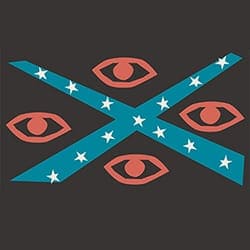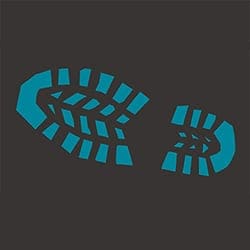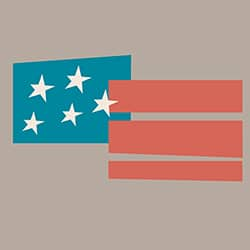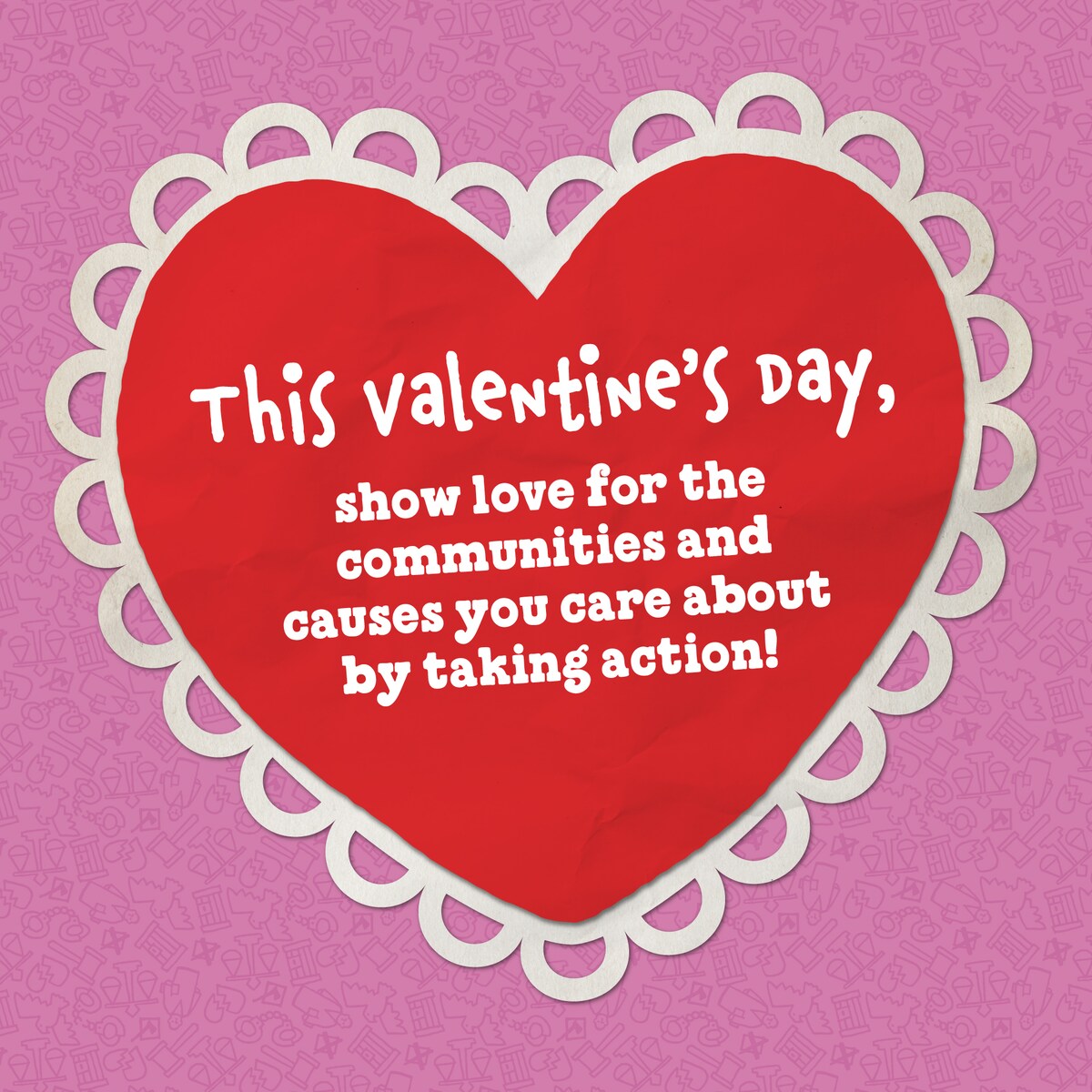February 12, 2021
Anybody else notice how peaceful BLM protesters were brutalized and arrested in droves by police all last summer, while violent, mostly white insurrectionists storming the US Capitol on January 6 were met with much less force?
There are two Americas—one experienced by white people, and the other by people of color. This racial divide is rooted in the very founding of the country. Black and Indigenous people have experienced America’s white supremicist violence for hundreds of years. On January 6, the two Americas were on display for everyone to see.
Wondering how we got here and what we can do about it? Listen to “Who We Are: A Chronicle of Racism in America,” the new podcast we launched in partnership with Vox Media and our friend, Jeffery Robinson, ACLU deputy legal director. To get you started, here are some critical points from all six amazing episodes that will help you understand the roots of racism in America.
-
Selling Human Beings Made Our Country Rich
Episode 1: In some history textbooks, slavery has been made to sound like an unfortunate, isolated mistake Americans made a long time ago that was quickly fixed by the Civil War. The truth is that America was built on slavery—America depended on slavery. The US became one of the richest countries in the history of the world because of it. Were you taught in school that there were breeding farms for enslaved people in the South? Or that Virginia’s main export wasn’t tobacco, but human beings? Well, it’s true: Selling people powered Virginia’s economy. And what happened in Virginia had a huge influence over the rest of the country… because four out of our first five presidents came from Virginia.
-
Our Election System Was Built to Maintain White Supremacy
Episode 2: The Electoral College was created by the Founding Fathers to strengthen and sustain white supremacy. Thanks to the unpaid labor of a huge population of enslaved people, the South was rich and powerful. After the Revolutionary War, Southern states wanted to stay that way, which meant figuring out how to benefit politically from enslaved people without having to give them any rights. Their solution was the three-fifths compromise. Because five Southern states had 93% of the country’s total enslaved population, this compromise increased their representation by 42%. The Founders built the Electoral College upon this racist foundation, guaranteeing that a relatively small number of wealthy white men would have significantly more power than everybody else in the country.
-
The Land of the Enslaved and the Home of the Not-So-Brave
Episode 3: OK, who here knows the third verse of the “Star-Spangled Banner.” No one? That’s not super surprising. It’s not performed very often… and this might be why:
No refuge could save the hireling and slave
From the terror of flight or the gloom of the grave
And the star spangled banner in triumph, doth wave,
O’er the land of the free and the home of the brave.
Those words were written during the War of 1812, when the British were promising freedom to enslaved people to entice them to join in the fight against the US. This verse was basically a warning that America would hunt down any enslaved person who tried to escape. But that’s not the only message this verse conveys. Controlling Black bodies has been part of America since before we were a country. Here in “the land of the free,” the first organized police forces were slave patrols, focused solely on “slave catching and union busting.” From their founding, police departments have been the enforcers and guardians of white supremacy. That message comes through loud and clear in the national anthem.
-
When Black People Prosper, White People Riot
Episode 4: One of the founding myths of America is that anybody can make it here if they’re willing to work hard and pull themselves up by their bootstraps. This country celebrates everyone who goes it alone and strikes it rich—unless they’re Black. Do all that while Black, and white people might resent you. Maybe even kill you. Want proof? Take a look at the 1919 Elaine, Arkansas, massacre. Black sharecroppers who wanted better pay were attacked by a white mob, and at least 200 people (men, women, and children) were killed. The perpetrators went unpunished, but some of the surviving victims were put on trial. That’s just one example. Unfortunately, there are plenty more, like the Tulsa, OK, race massacre, where white mobs burned down the district known as “Black Wall Street,” destroying 35 blocks of thriving Black businesses and killing 300 people. White supremacy and structural racism remain barriers to Black wealth-building to this very day.
-
Our Racist Healthcare System Fails Black People Starting at Birth
Episode 5: The American healthcare system is racist and always has been—and the racism starts at birth.
• Black women in America are three to four times more likely to die in childbirth than white women.
• In New York, it’s even worse: they’re eight times more likely.
What’s behind this lethal racial disparity? According to a Florida study, Black newborns are more likely to survive birth if they’re cared for by Black doctors. Recent research suggests that only 5% of all active physicians identify as Black. Clearly, racism in healthcare is putting Black people in danger.
-
Mass Incarceration: The Continuation of Slavery by Another Name
Episode 6: Everybody knows that slavery ended with the passage of the 13th Amendment, right? Ummm... Let’s take a closer look at the fine print: The 13th Amendment abolished slavery “except as a punishment for crime.” That gaping loophole led to the passage of “Black codes” throughout the South, racist laws that concocted all sorts of racist reasons to lock up Black people and continue slavery by another name. America’s criminal legal system still incarcerates Black people at alarmingly disproportionate rates, making it incredibly difficult for Black people to build wealth and denying them full citizenship when they return from prison. Some might say that’s evidence of a broken system. But we think it’s working exactly as its founders intended. It’s written right into the Constitution—and it has to change.
We hope these facts sparked some open and honest discussion. But don’t stop here: Listen to “Who We Are” in its entirety. It’ll change how you think about our country—and the more we learn about who we are, the clearer it becomes that every single one of us needs to get to work dismantling racism and white supremacy. It’s not enough to just be against racism—we must become actively anti-racist. Then, and only then, will we secure equality and justice for all.
Recent Articles








